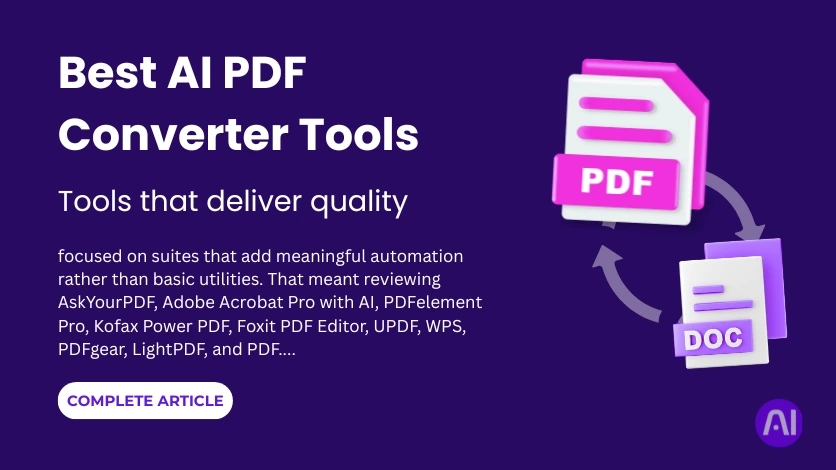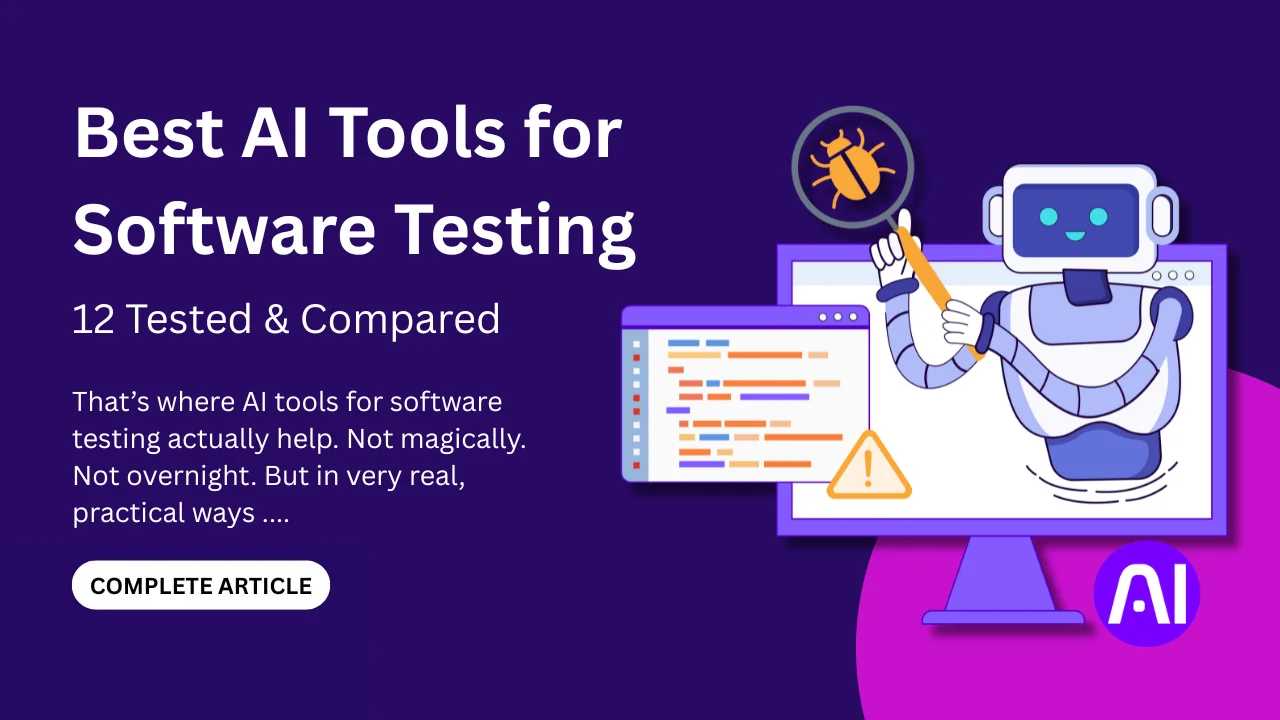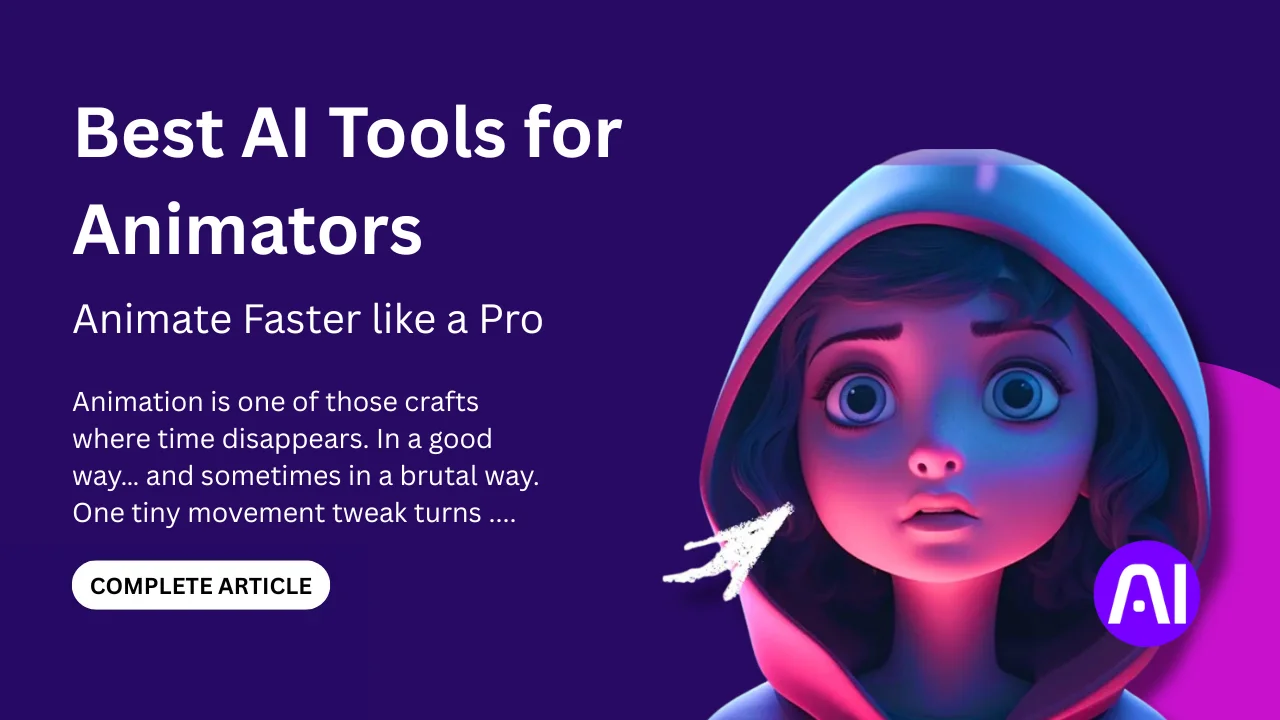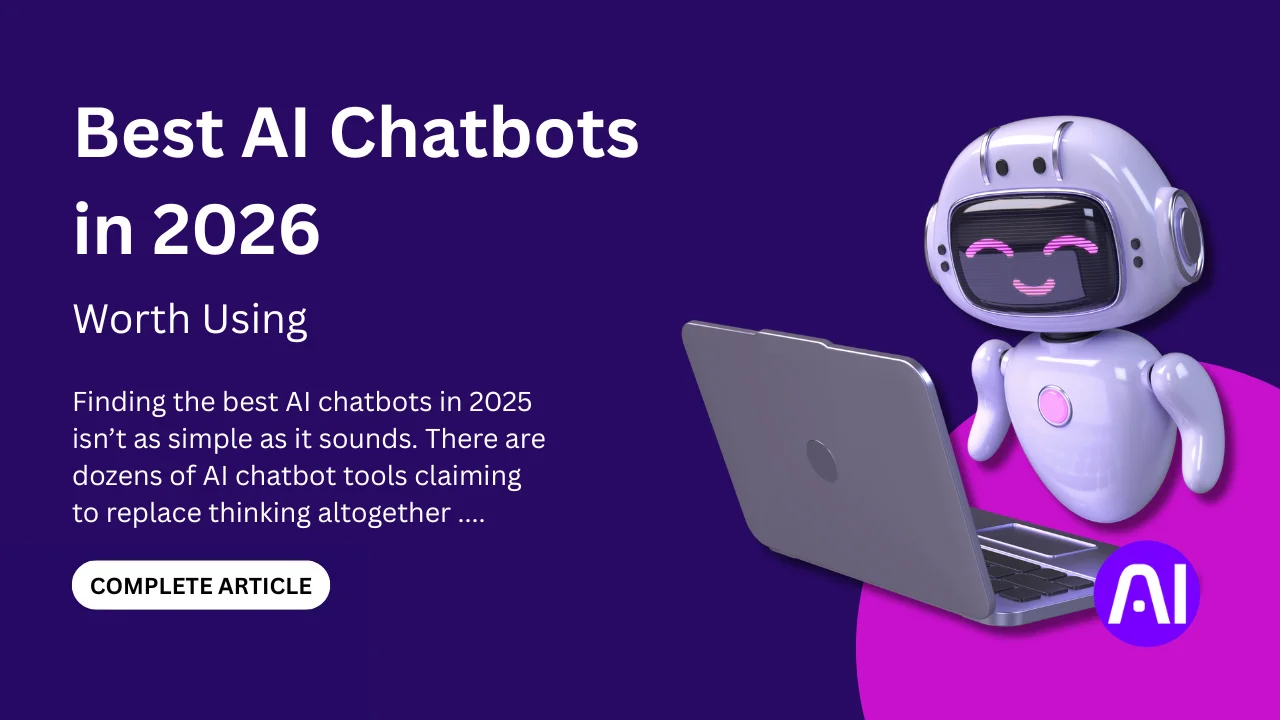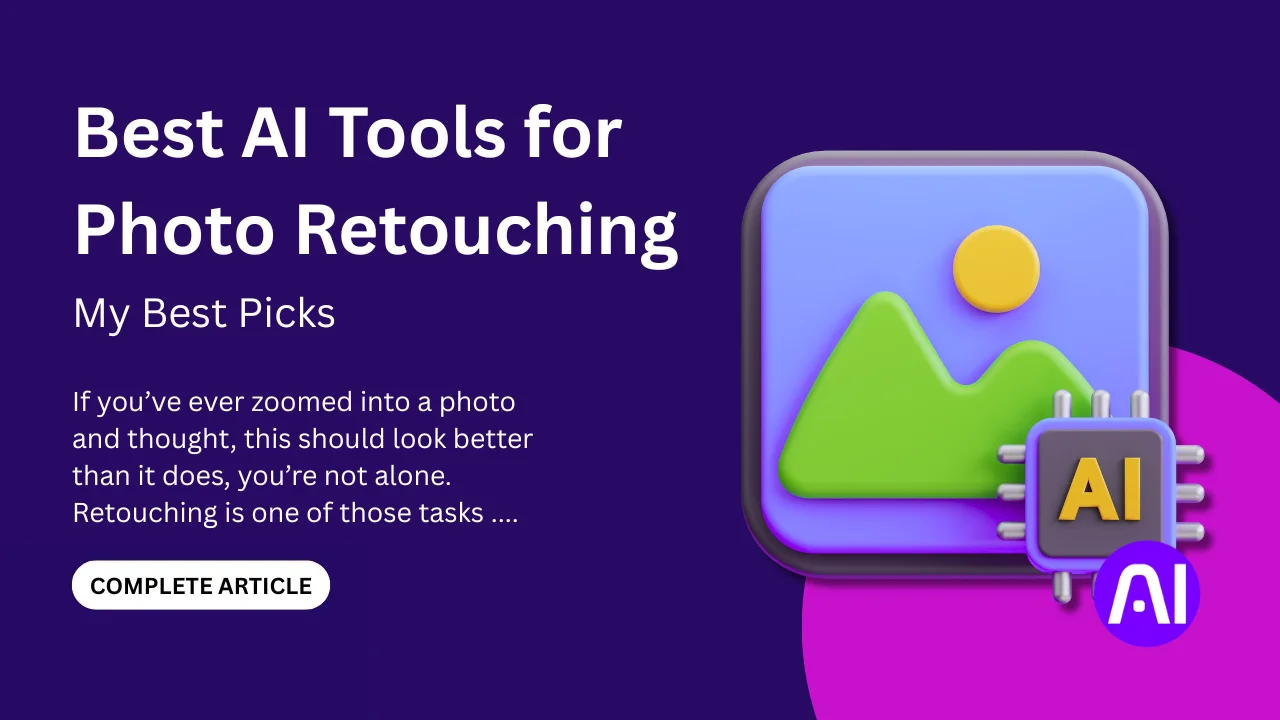The legal industry is changing fast, and AI is leading the way. Lawyers are searching for AI tools that can simplify research, review contracts, and improve workflows. These tools save time, cut costs, and reduce human error in routine legal tasks. In this guide, we’ll explore the best AI tools for lawyers, their use cases, and how to choose the right one.
What are AI Tools for Lawyers?
AI tools for lawyers are software solutions that use artificial intelligence to improve legal work. They help with legal research, document drafting, contract analysis, and workflow automation. By automating repetitive tasks, these tools allow lawyers to focus on high-value strategy. Lawyers are adopting AI tools because they save time, boost accuracy, and deliver cost-efficient results.
Top 10 AI Tools for Lawyers in 2025

Artificial intelligence has become a quiet but powerful partner in law. Whether it’s speeding up research, tightening contracts, or predicting case outcomes, AI is now part of the modern lawyer’s daily toolkit. Below is a ranked list of leading AI tools transforming the legal industry in 2025.
1. CoCounsel
Best for: In-depth legal research and intelligent document review.
CoCounsel, developed by Casetext and backed by OpenAI’s technology, serves as a legal co-pilot that can research case law, summarize evidence, and analyze documents in minutes. It’s like having a tireless junior associate who never sleeps.
Key Features:
Automated research with natural language queries
Smart document summarization
Contextual citation and case linking
Lawyers use CoCounsel to handle repetitive research and first-draft preparation, freeing time for strategy and argument building. Pricing is tiered based on firm size, with subscriptions available for solo practitioners up to large firms.
2. Lexis+ AI
Best for: Advanced case law analysis and generative legal drafting.
Lexis+ AI brings together the trusted LexisNexis database with conversational AI to let lawyers search case law with plain language and receive structured, citation-backed answers. It also suggests legal arguments drawn from verified precedents.
Key Features:
AI-powered natural language search
Verified case citations and summaries
Predictive insights on legal outcomes
Lexis+ AI gives lawyers confidence in accuracy and saves countless hours of manual searching. Its pricing is enterprise-oriented, with tailored access plans for firms and universities.
3. Westlaw Precision AI
Best for: Litigation research and judge behavior insights.
Westlaw Precision AI uses Thomson Reuters’ data backbone to enhance research accuracy and litigation forecasting. It helps lawyers identify how judges have ruled on similar cases, offering a sharper understanding of judicial patterns.
Key Features:
Targeted precedent discovery
AI-supported citation tracking
Judicial and motion-level analytics
Westlaw Precision AI is particularly useful in appellate and litigation practice. Its cost sits at the high end of the market, typically packaged into firm-wide Westlaw subscriptions.
4. Spellbook
Best for: Contract drafting directly within Microsoft Word.
Spellbook acts as an AI drafting assistant that lives inside Word, suggesting clauses, highlighting risks, and predicting missing terms as a lawyer types. It learns from past agreements to improve its guidance over time.
Key Features:
Contract clause prediction and risk detection
Real-time Word integration
Smart suggestions based on context
Spellbook helps small to mid-size firms accelerate drafting while maintaining compliance and tone. It offers subscription pricing with a trial option, making it accessible to individual lawyers as well.
5. LawGeex
Best for: Automated compliance and contract review for legal departments.
LawGeex reviews contracts automatically against a company’s internal policies, highlighting deviations or missing standards. It’s a reliable option for corporate legal teams that process large contract volumes.
Key Features:
AI-powered contract compliance checks
Workflow integration for approval chains
Fast redlining and clause comparison
Corporate lawyers rely on LawGeex to ensure consistency across agreements without manual proofreading. The tool runs on a subscription model, priced per user or document volume.
6. Kira Systems
Best for: Due diligence and document extraction.
Kira Systems specializes in scanning large document sets for key clauses, obligations, and risks. It’s widely adopted in M&A and real estate due diligence, where precision and speed matter most.
Key Features:
AI-based clause recognition
Bulk document processing
Custom model training for specific use cases
Kira reduces the time spent on document review from days to hours, giving firms a measurable edge during transaction review. Pricing depends on usage, with enterprise-level packages for firms handling high data volumes.
7. Clio Grow
Best for: Client intake and law firm workflow automation.
Clio Grow automates intake forms, scheduling, and client communications, creating a smoother onboarding process. It’s a user-friendly entry point for firms wanting automation without complexity.
Key Features:
Automated client onboarding and follow-ups
CRM and scheduling tools
Integration with Clio Manage for full practice oversight
Clio Grow simplifies the business side of legal work so firms can focus on cases. Pricing starts affordably per user per month, with add-ons for integrated case management.
8. Premonition
Best for: Predictive litigation analytics.
Premonition collects data on judges, lawyers, and court results to forecast case outcomes and identify patterns. It’s the analytics equivalent of reading the courtroom weather before stepping inside.
Key Features:
Litigation outcome prediction
Data-driven performance benchmarking
Judicial behavior tracking
Firms use Premonition to shape litigation strategies and evaluate the odds of success before filing. It’s priced through custom data subscriptions, usually for litigation-heavy firms.
9. Blue J Legal
Best for: Predictive tax and employment law analysis.
Blue J Legal applies machine learning to predict outcomes in complex areas like taxation and employment disputes. It interprets past rulings to help lawyers anticipate how future cases might unfold.
Key Features:
Outcome prediction based on historical data
Tax and employment law specialization
Interactive “what-if” scenario modeling
Blue J Legal is a valuable tool for lawyers needing clarity in uncertain legal territory. Its pricing varies by module, with annual licensing for firms and universities.
10. Harvey AI
Best for: Solo practitioners and small firms needing flexible AI support.
Harvey AI offers conversational legal assistance, document drafting, and research in one lightweight platform. It’s particularly well-suited for solo lawyers looking for an affordable AI partner.
Key Features:
Generative AI for drafting and research
Secure data handling
Cloud-based platform with simple setup
Harvey AI gives smaller practices enterprise-level capability without the cost barrier. It operates on a freemium model with upgrades for more advanced research and collaboration features.
Comparison Table of AI Tools for Lawyers
AI tools now support every part of legal work, from research to contract review. The table below shows a quick comparison of the leading options for 2025.
| Tool | Main Use | Best For | Key Features | Pricing |
|---|---|---|---|---|
| CoCounsel | Legal research and document review | Law firms needing fast case research | Finds case law, summarizes documents, builds arguments | Around $400/month |
| Lexis+ AI | Legal research and drafting | Lawyers needing verified legal data | AI search, accurate citations, predictive insights | Custom enterprise pricing |
| Westlaw Precision AI | Case research and judge analytics | Litigators and large firms | Detailed precedent search, judge behavior analysis | Premium firm pricing |
| Spellbook | Contract drafting in Word | Contract lawyers and small firms | Suggests clauses, finds missing terms, real-time edits | $179–$200/month |
| LawGeex | Contract review and compliance | Corporate legal teams | Auto compares contracts to policies, redlines errors | Custom enterprise pricing |
| Kira Systems | Document analysis and due diligence | M&A and compliance lawyers | Scans contracts, extracts data, customizable models | Usage-based pricing |
| Clio Grow | Client intake and workflow automation | Small and mid-size law firms | Automates onboarding, scheduling, and communication | Affordable monthly plans |
| Premonition | Predictive case analytics | Litigation-focused firms | Predicts case results, tracks judge and lawyer trends | Subscription model |
| Blue J Legal | Predictive tax and employment law | Tax and regulatory lawyers | Forecasts outcomes using past cases, scenario modeling | Annual license |
| Harvey AI | Legal drafting and research | Solo lawyers and small firms | Drafts documents, answers legal queries, simple interface | Freemium + paid tiers |
Each tool fits different needs, larger firms may choose advanced systems, while smaller practices benefit from simpler, budget-friendly options.
How to Choose the Right AI Tools for Your Law Practice
Choosing the right AI tool depends on your firm’s unique needs. Some firms need contract review solutions, while others require predictive analytics. The best choice balances features, price, and ease of integration. Consider the following factors before investing.
Match Tool to Task
Each AI tool is designed for a specific function. Research tools are great for case preparation, while drafting tools help in contracts. Solo lawyers may prefer all-in-one affordable platforms. Larger firms often adopt specialized solutions for each legal task.
Consider Pricing & ROI
Budget plays a big role in AI tool adoption. Subscription models vary from low-cost to enterprise pricing. The key is measuring time saved against subscription cost. A tool that saves 20 hours monthly usually pays for itself quickly.
Data Privacy, Security & Ethical Considerations
Lawyers handle sensitive client data that must remain confidential. AI tools must comply with data privacy standards like GDPR or HIPAA. Ethical considerations also include avoiding biased or hallucinated outputs. Choosing tools with transparency and encryption features is critical.
Compatibility with Existing Systems
Integration is important for workflow efficiency. Many law firms already use management systems like Clio or PracticePanther. AI tools should integrate smoothly with existing software to avoid disruptions. Look for tools offering APIs and legal tech partnerships.
Jurisdictional and Regulatory Compliance
Laws differ across regions, so AI tools must adapt accordingly. Some tools are more reliable in the U.S. or U.K. than in other markets. Lawyers must ensure AI outputs meet local regulations. Always test tools within your jurisdiction before full adoption.
This list is trending: Top 10 AI Tools for Teachers in 2025 for Classroom Efficiency
Risks, Challenges & Limitations
Technology has made legal work faster, but it still comes with hurdles. These tools can process information quickly, yet they depend on human review to keep results accurate and relevant. Mistakes in interpretation or missing context can easily affect outcomes.
Cost, setup, and privacy remain tough issues. Smaller firms often find advanced systems expensive or complex, and handling client data online always demands extra care.
Accuracy Issues: Tools sometimes misread laws or give weak references.
Privacy Concerns: Cloud storage can expose confidential client files.
High Pricing: Many platforms charge high monthly or per-user fees.
Training Needs: Lawyers must learn how to use and supervise the tools properly.
Lack of Human Judgment: No software can replace a lawyer’s reasoning or ethics.
Data Dependence: If the data is poor or outdated, results become unreliable.
Despite these limits, technology remains a valuable partner in modern law. With careful use and human oversight, it can enhance, not replace the lawyer’s skill and judgment.
Trends & The Future of AI in Legal Practice
AI adoption is expected to grow rapidly across law firms of all sizes. More tools will focus on automation, compliance, and predictive accuracy. Regulators are also considering new rules for AI in the legal sector. The future will likely see hybrid models, where AI assists lawyers without replacing them. This balance ensures both efficiency and ethical practice.
Conclusion
AI tools for lawyers are no longer optional; they are becoming essential. From legal research to contract review, these tools transform daily legal work. Choosing the right tool depends on firm size, needs, and budget. Lawyers who adopt carefully selected AI tools will stay ahead in the competitive legal industry.
If you like to discover about amazing and productive AI tools, the blog category “AI Tools” from AI Ashes is a gold mine for you.
This writing is also suggested for you: 8 Top Picks of AI Tools for Content Creation in 2025
FAQs
Q1: What are the best AI tools for lawyers in 2025?
The best AI tools for lawyers in 2025 include CoCounsel, Spellbook, LawGeex, Kira Systems, and Clio Grow, each serving different legal needs.
Q2: How do AI tools help lawyers?
AI tools help lawyers by automating legal research, contract review, document drafting, and case predictions, saving time and improving accuracy.
Q3: Are AI legal research tools reliable?
AI legal research tools like Lexis+ AI and Westlaw Precision are reliable, but lawyers must still verify citations for accuracy and compliance.
Q4: Can small law firms use AI tools?
Yes, many affordable AI tools like Casetext and Harvey AI are designed for solo practitioners and small firms to reduce workload.
Q5: What are the risks of using AI in law?
The risks include AI hallucinations, biased outputs, data security concerns, and high costs, which lawyers must manage carefully.
Q6: Will AI replace lawyers?
AI will not replace lawyers but will support them by handling routine legal tasks, letting lawyers focus on strategy and client relationships.


